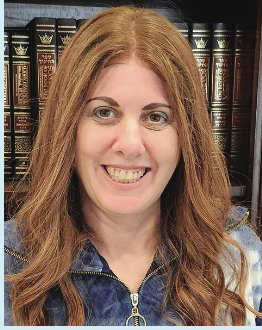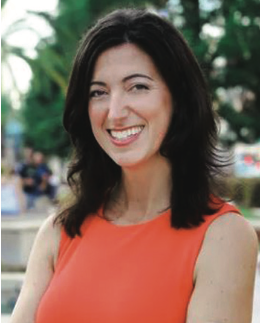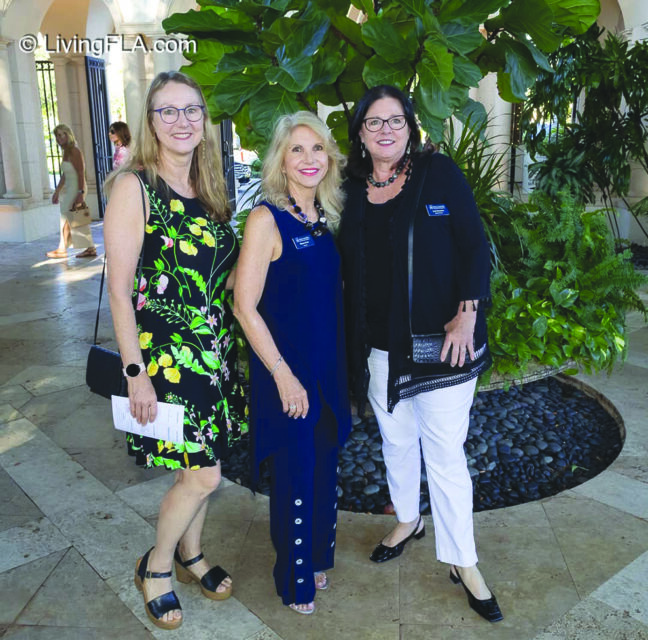
Rosh HaShana, the Jewish New Year, reminds us that every year we can turn the page, reflect, and start anew. Even in family relationships that feel locked in place, the New Year calls on us to consider what burdens we can set down and what new possibilities might be waiting if we do.
From the very beginning, my in-laws decided I was not good enough for their son. They did not bother with the messy business of getting to know me. They had made their ruling, and—like an HOA board denying a fence request—they stamped it in ink: Not Approved. When my husband and I became engaged, his parents skipped the engagement party, and on our wedding day my mother-in-law’s scowl was impossible to miss. Their attitude never softened, not even when our son was born. In fact, it hardened into something worse—active disdain. Once, when a teacher praised my parenting to her face, my mother-in-law scowled so dramatically that the teacher later told me about it, horrified. Another time, when I emailed from overseas to let my mother-in-law know her son had been hospitalized, she asked flatly, “And what do you want me to do with that information?” It was a response that spoke volumes.
Eventually, my in-laws’ contempt became official in the form of a certified letter demanding my husband divorce me or lose his “relationships” with his parents and siblings. (Spoiler alert: he chose love over certified mail.) We moved far away, cut off contact, and spent a blissful dozen years surrounded by my extended family—cousins, siblings, and people who actually liked us.
But anger has a way of piling up, and at some point, it becomes too heavy to drag around. Rosh HaShana has the tradition of tashlich, where we symbolically cast our sins and regrets into flowing water. I realized our anger was no different—it needed to be tossed out, not because my in-laws deserved a clean slate, but because my husband and I deserved the freedom of walking without that weight. I worked for months to release my anger—not to forgive or forget, but to free myself.
When the chance came this year to meet my mother-in-law one-on-one, I said yes. Our son, protective as ever, insisted on joining. And so, after twelve years, I opened my door. My mother-in-law had aged, though the frostiness remained. I kept smiling anyway. I showed her around the house. She surprised me by complimenting my décor. She lit up when speaking about our son. And she admitted she had misunderstood me. She thought I did not want her near our children. The truth was simpler: I cherished motherhood and did not want anyone else doing my favorite parts. She admitted her mistake and even teared up at the years she had lost.
It was not a fairy-tale ending. No sweeping apologies, no sudden embrace of unconditional love. But it was something. Enough to open a crack in the wall.
Seven months later, here is what I have learned:
We cannot control how others treat us, only how we respond. Reacting in anger feeds the cycle. Responding calmly preserves dignity.
Boundaries are not for negotiation. You set them, live by them, and politely walk away when they are ignored.
Letting go of anger is a gift you give yourself. It is not about excusing others; it is about freeing yourself from carrying their baggage.
These lessons apply well beyond family estrangement. In neighborhoods, workplaces, and yes—even HOAs—people will misunderstand, misjudge, and misinterpret. We cannot control their choices, but we can choose ours.
So now, when my husband deals with his parents, he does so with respect but without compromising our family’s peace. We visit, but we do not stay overnight. We talk, but we end conversations that veer into hurtful territory. We carry gratitude for the life they gave him without carrying the weight of their disapproval.
And in the end, that is the balance. Rosh HaShana teaches us that every new year is a chance to take stock, to set aside old grudges, and to move forward with intention. We may not forget the past, and we may not receive the apologies we wish for, but we can still choose how to live the next chapter.
Ilene Brookler, a Boca Pointe resident and Columbia Law School graduate, brings over 30 years of litigation experience to her role as a certified mediator. She founded Family First Divorce Mediation Services with the goal of helping families navigate divorce quickly and affordably. She can be reached at [email protected]. For more information, visit http://www.familyfirstmediate.com.






